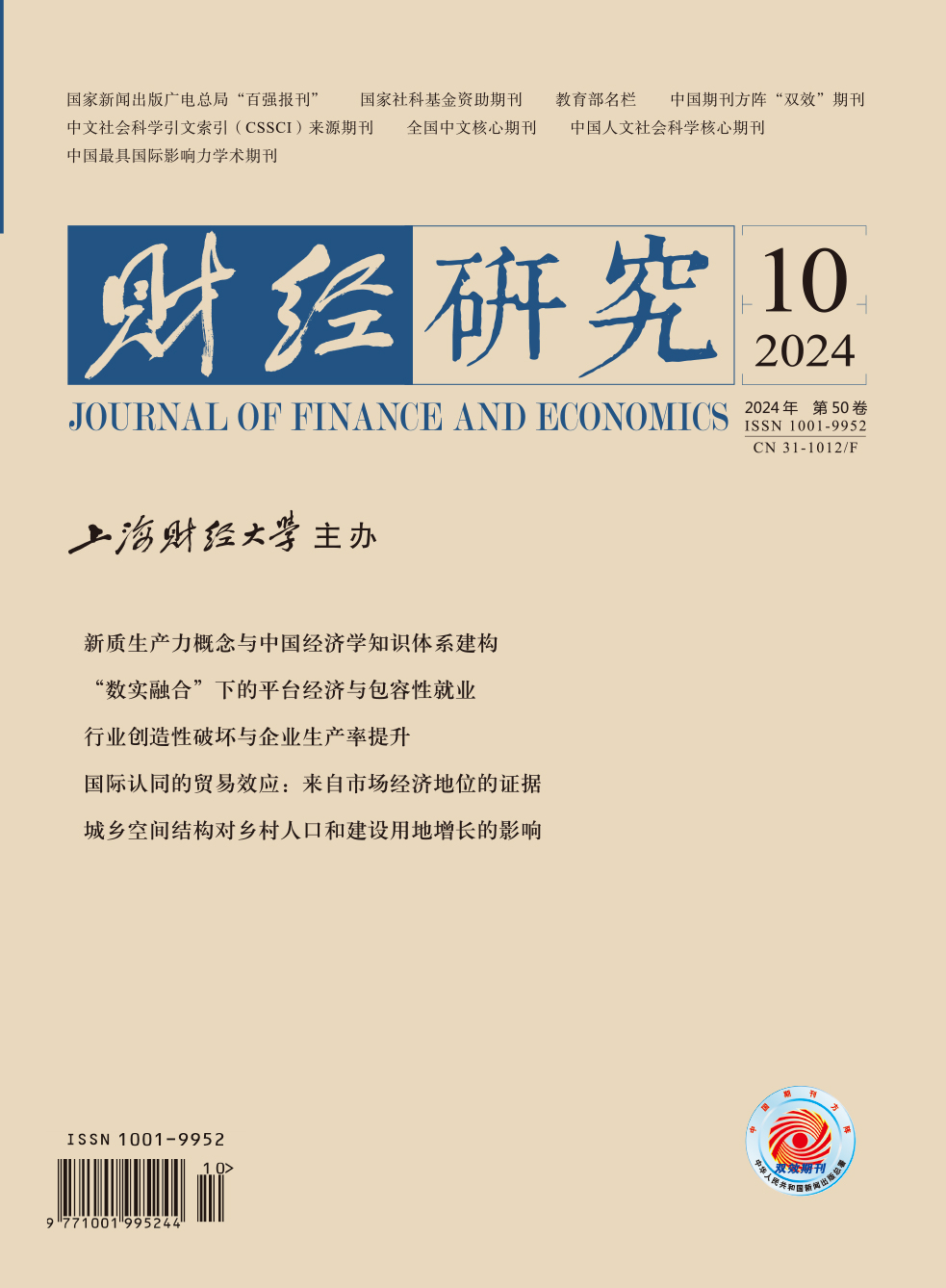In recent years, the platform economy has created a substantial amount of job opportunities, particularly in developing countries. However, there has been a scarcity of literature that explores the impact of the platform economy on local labor markets. Based on the economic nature of the platform economy, this paper adopts data from China’s online job recruitment websites to examine why the platform economy has been able to attract a significant number of workers.
This paper begins by comparing the differences in job characteristics between the platform economy and the non-platform economy, and finds that in similar job contents, the platform economy offers higher recruitment numbers and wage commitments, and lower educational and experience requirements compared to the non-platform economy. It also studies the general equilibrium effect of the platform economy’s rise, and finds that its emergence prompts non-platform economic sectors to increase recruitment numbers and wage commitments, and lower employment barriers. Heterogeneity analysis reveals that the employment inclusiveness of the platform economy primarily exists in four types of outdoor work, including delivery riders, ride-hailing drivers, carpool service providers, and crowd-sourced delivery personnel. Mechanism testing finds that the employment inclusiveness of the platform economy stems from its network externalities and economies of scale, while also discovering that the platform economy brings higher employment inclusiveness to less educated workers, indicating a bias towards low-skilled labor.
The marginal contributions of this paper are that: First, it quantitatively analyzes the impact of the platform economy on labor employment based on large-scale online recruitment data. Second, it elucidates the underlying mechanism through which the platform economy affects labor employment, addressing the research gap between the existing theory and the reality in China, thus enriching the theoretical understanding of the platform economy. Third, it indicates that the platform economy offers advantages such as higher wages and lower barriers to entry, but also highlights shortcomings such as the lack of social security. Therefore, the government should initiate reforms in household registration, housing, and public employment services to improve the segmentation of urban labor markets, change public perceptions of platform workers, and maintain patience during the transition of the platform economy towards formal employment.





 4630
4630  6865
6865

